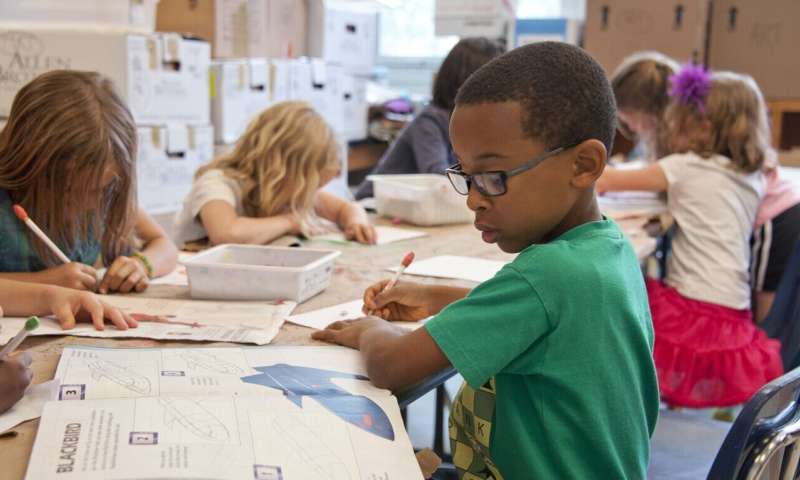
The closure of schools as a result of COVID-19 lockdown measures may have harmed children as child abuse was not reported, a new study examining the numbers of child protection referrals made in the first few months of 2020 has found.
Schools play a vital role in the safeguarding of children, with educational staff often being the first to report potential child abuse. When a child is referred for suspected maltreatment, a formal child protection medical examination (CPME) will be undertaken to provide a holistic assessment of a child’s health, document any injuries and determine possible causes, including the likelihood of injuries being inflicted or non-inflicted.
A collaboration between the University of Birmingham and Birmingham Community Healthcare NHS Trust, this latest study analyzed the differences in the number and the outcomes of child protection referrals for CPME in Birmingham from March to June 2020 compared with the same periods in 2018 and 2019. As the UK’s second largest city, Birmingham has a higher proportion of children subject to child protection plans than the UK as a whole, with 35% of children living in poverty.
Results showed a significant drop of 39% in the number of CPME referrals, with just 47 referrals in 2020 compared with 75 in the same period in 2019 and 78 in 2018. This drop coincides with the near total absence of referrals made by schools after school closures were mandated in March. Even after schools were partially re-opened in June, there was no increase in referrals. As well as the absence of referrals from schools, results showed that referrals from other sources did not increase either, suggesting that other agencies did not fully compensate for school closures.
The children referred for CPME in 2020 had similar backgrounds to other years, with the majority previously known to social care. Approximately half of the children were receiving support from social care at the time of CPME referral. Across all years, the majority of CPME reports concluded that there were significant safeguarding concerns relating to physical abuse, domestic violence, emotional abuse or neglect.
Corresponding author Professor Julie Taylor from the University of Birmingham’s School of Nursing said: “Our findings further evidence the hidden harm to children from COVID-19. Attending school provides children and young people with access to a trusted adult and a safe space outside of the family home. By removing this provision it increased the potential risk of abuse going unseen.
“UK government guidance was for children allocated to a social worker to continue attending school but less than 10% did so, and while many schools have made strenuous efforts to maintain contact through remote methods, these are not always private and it is not known who else may be in the room.”
Lead author Dr. Joanna Garstang, Consultant Community Paediatrician said: “It’s positive that so many children have returned to school for the autumn term, but I am concerned about those who may still be at home. There may now be a significant increase in child protection referrals and limited capacity to support those children”
The study has also highlighted concerns that once back at school, when children who may have suffered abuse during lockdown may disclose these incidents, children’s services may struggle to meet demand. Researchers also warn that as months may have passed since incidents of abuse, there may be little physical evidence to support allegations and therefore less evidence to support child protection measures.
Source: Read Full Article
